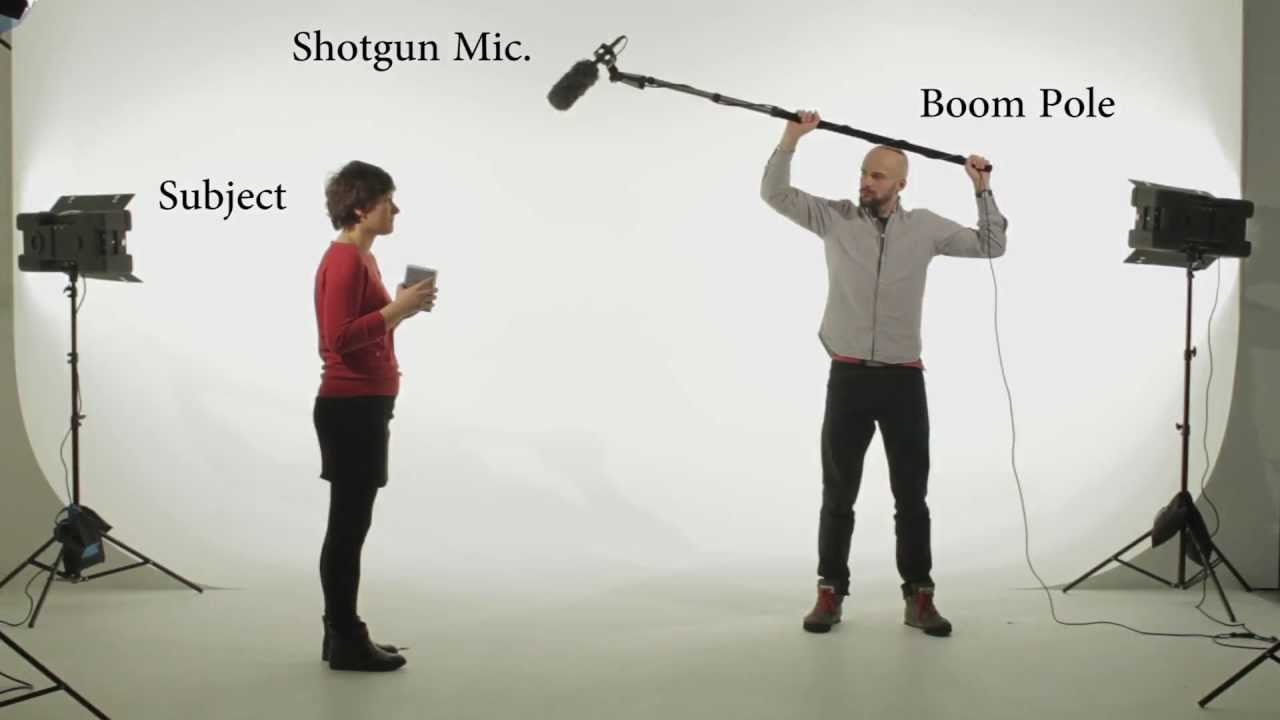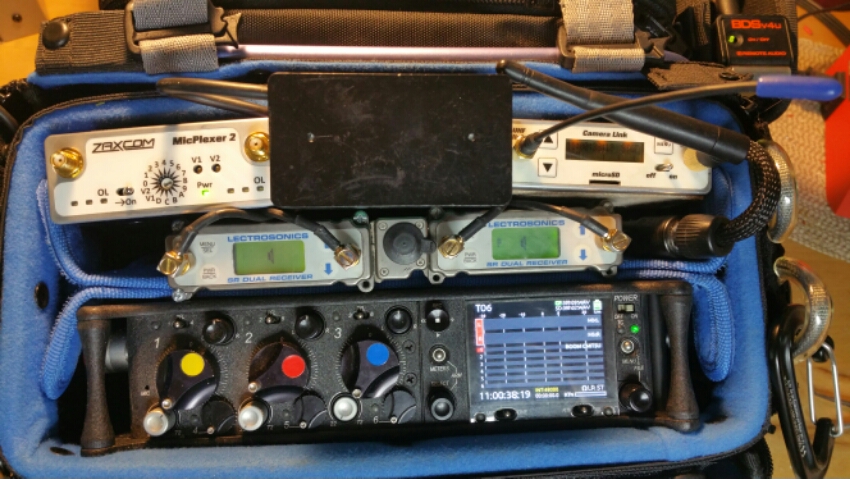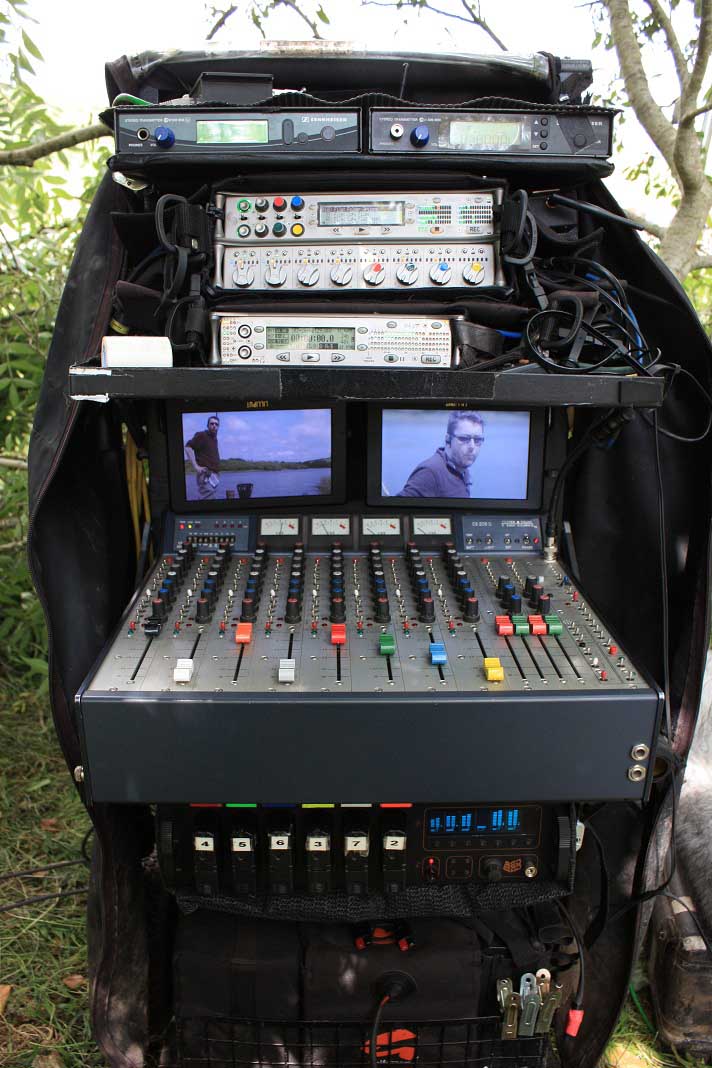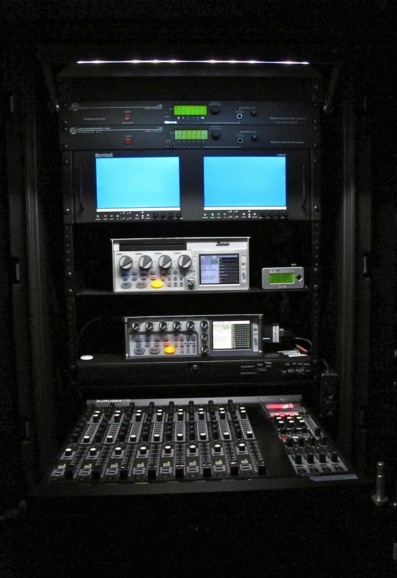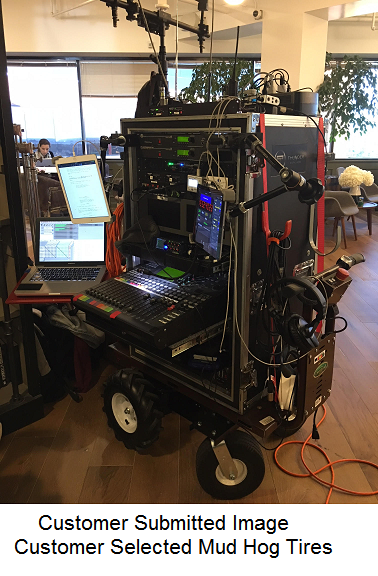You should probably start with "The Location Sound Bible" by Ric Viers. It does a decent job of covering the basics.
As with all film crafts production sound is an art-form. You need to master the tools (mics, mixers/recorders, wireless, etc.), techniques (swinging a boom, gain-staging, etc.) and the mind-set.
The biggest issue that crops up, however, is how your aural education translates onto your film set. Production sound, when properly executed, requires at least one full-time person on set doing production sound, only production sound and nothing but production sound. If you are going to be performing any other tasks while on location you are shortchanging the quality of the production sound.
As far as your sound kit goes the first thing needed before offering too much advice is a budget. Professional sound carts can cost well over $50,000. A very basic
professional sound kit starts at about $10k to $15k. There are multiple mics (long shotgun, short shotgun, various cardioids, and mics for wireless systems) and quite frequently duplicates of each; cart with a mixer, a multi-track recorder, spaces for numerous wireless receivers, a video monitor and even a laptop; and all of the various accessories such as booms, cables, headphones, blimps, dead cats, shock mounts, cases and the like. There is usually a portable sound bag as well. In fact, the sound department on location is also responsible for the audio feed to the video village, walkie-talkies, bull horns and other forms of on-location communications in addition to recording dialog on set.
At the low/no/mini/micro budget level a one-man-band production sound kit usually is a mixer/recorder combo, such as the Tascam DR series or Sound Devices MixPre series, a short shotgun like the Audio Technica AT875 or Rode NTG-1 or NTG-3, a hypercardioid like the Audix SCX1 and possibly two or three wireless such as the Sennheiser EW series. And, of course, a boom-pole, blimp, dead cat, cables, bag and LOTS & LOTS of batteries. Give us a budget and we'll try to cram as much as we can into it.
Swinging the boomed mic is one of the toughest jobs on the set. Imagine putting a GoPro at the end of a 12 foot stick and keeping it pointed at the face of whomever is speaking dialog at any given moment. That is what the boom-op is doing, keeping the mic pointed at the notch at the base of the throat of each actor as they are speaking. This has to be done while avoiding lighting, cables, set dressings, all the while keeping the mic from creating shadows and out of the shot.
Give us more info. Is this a career or use professional curiosity? What is your budget?
Example of a sound bag.
A few sound carts.



